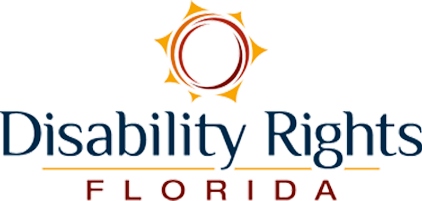What is a Ticket?
- A Ticket is a document sent by Social Security to let beneficiaries know that there are services to help with employment if they are interested in going to work.
- A Ticket has no cash value for consumers but gives Continuing Disability Review (CDR) protections.
- Expands number of agencies providing employment-related services to beneficiaries.
- Beneficiaries may assign their Ticket to a service provider known as an Employment Network or EN.
- No penalty for not using Ticket.
- ENs can choose whether or not to accept a beneficiary's Ticket.
- VR must accept all Tickets.
Your New Ticket Can:
- Provide you with choice,
- Help you to get a job, but only if you want to work,
- Add “Employment Networks” to your choices of who will assist you without cost, and
- Protect you from Medical Continuing Disability Reviews.
